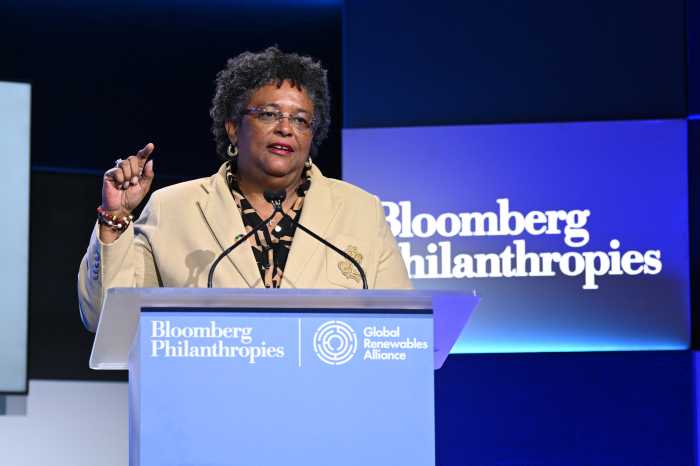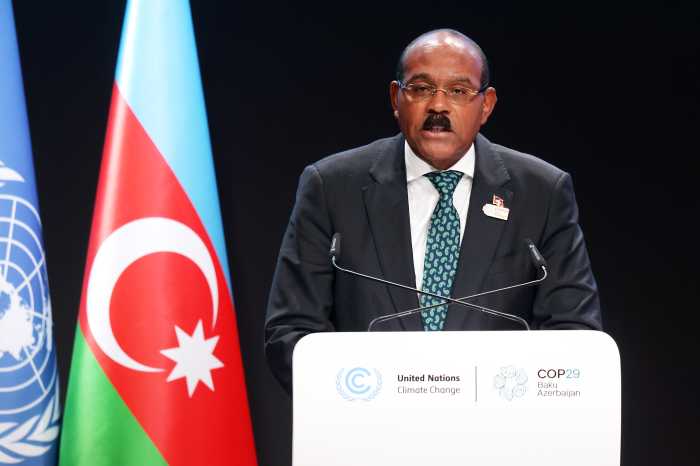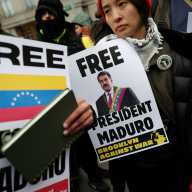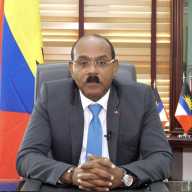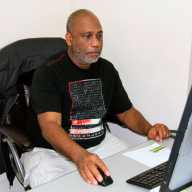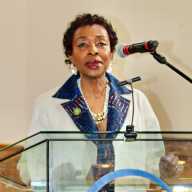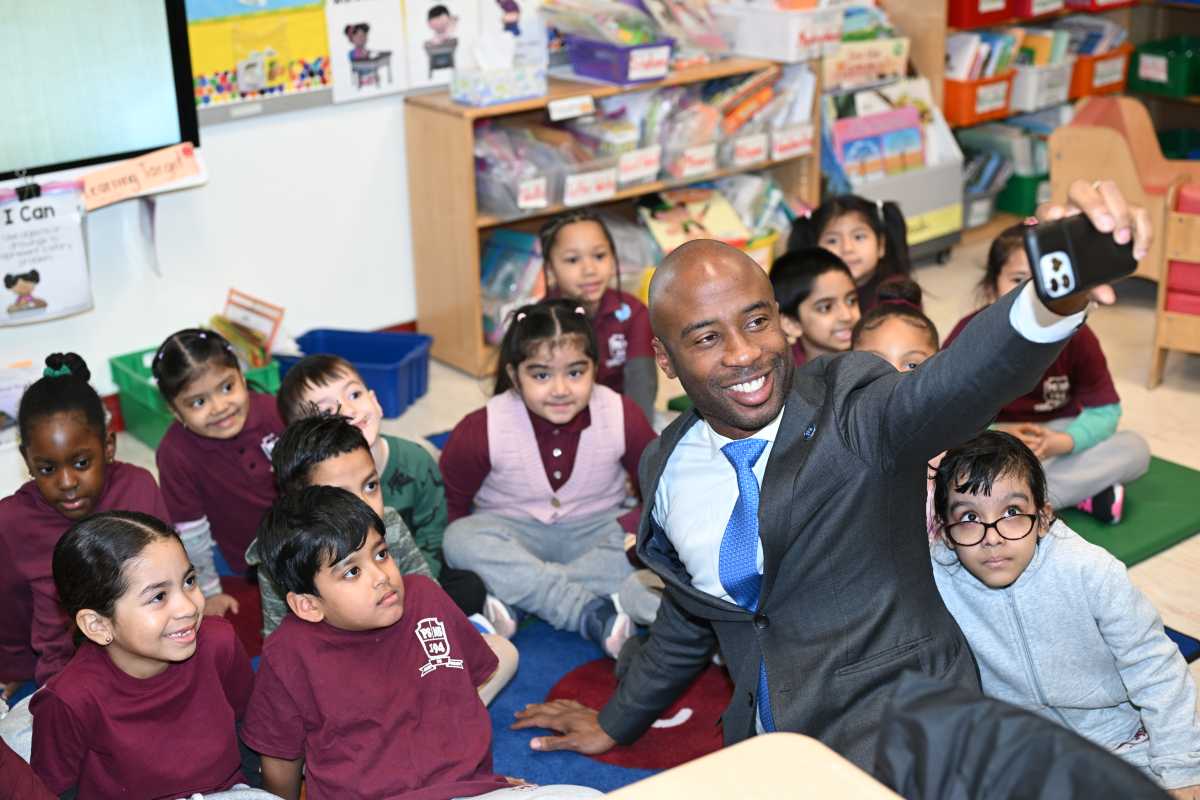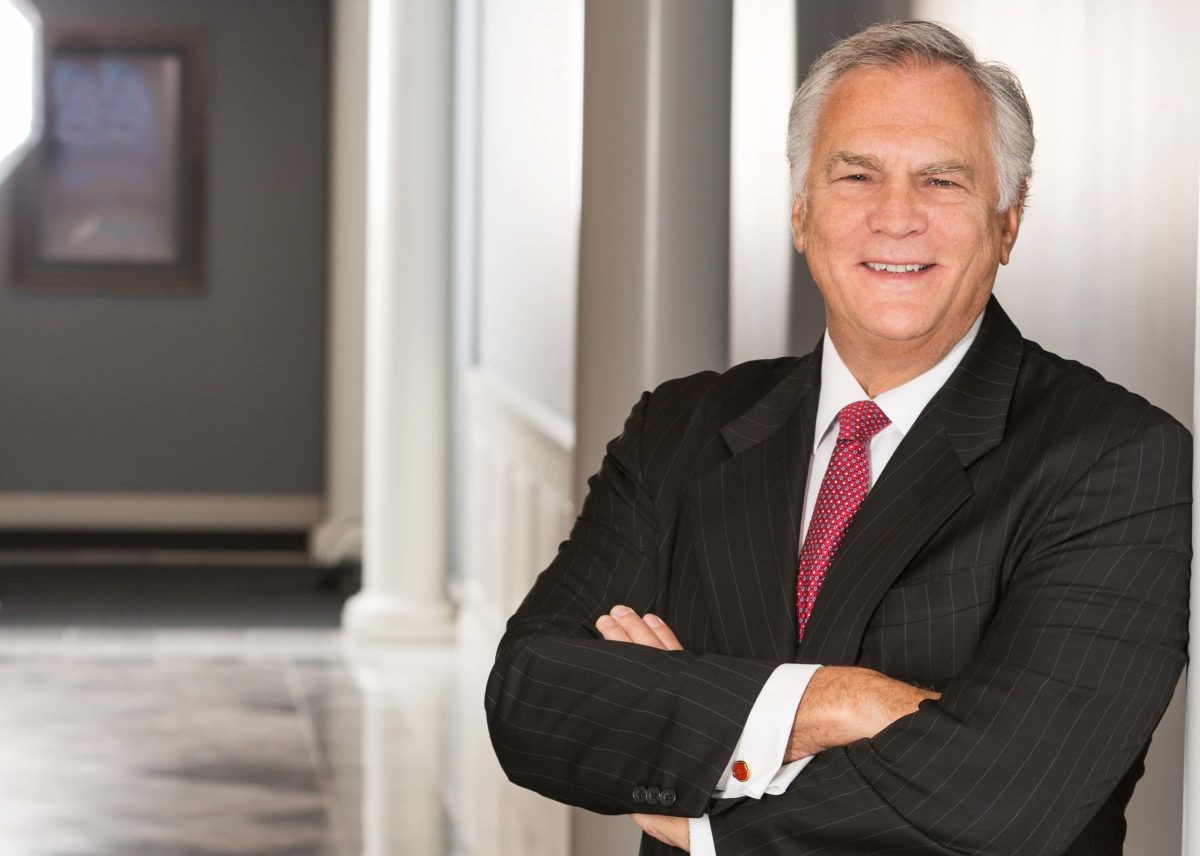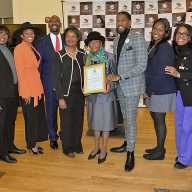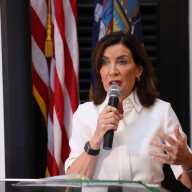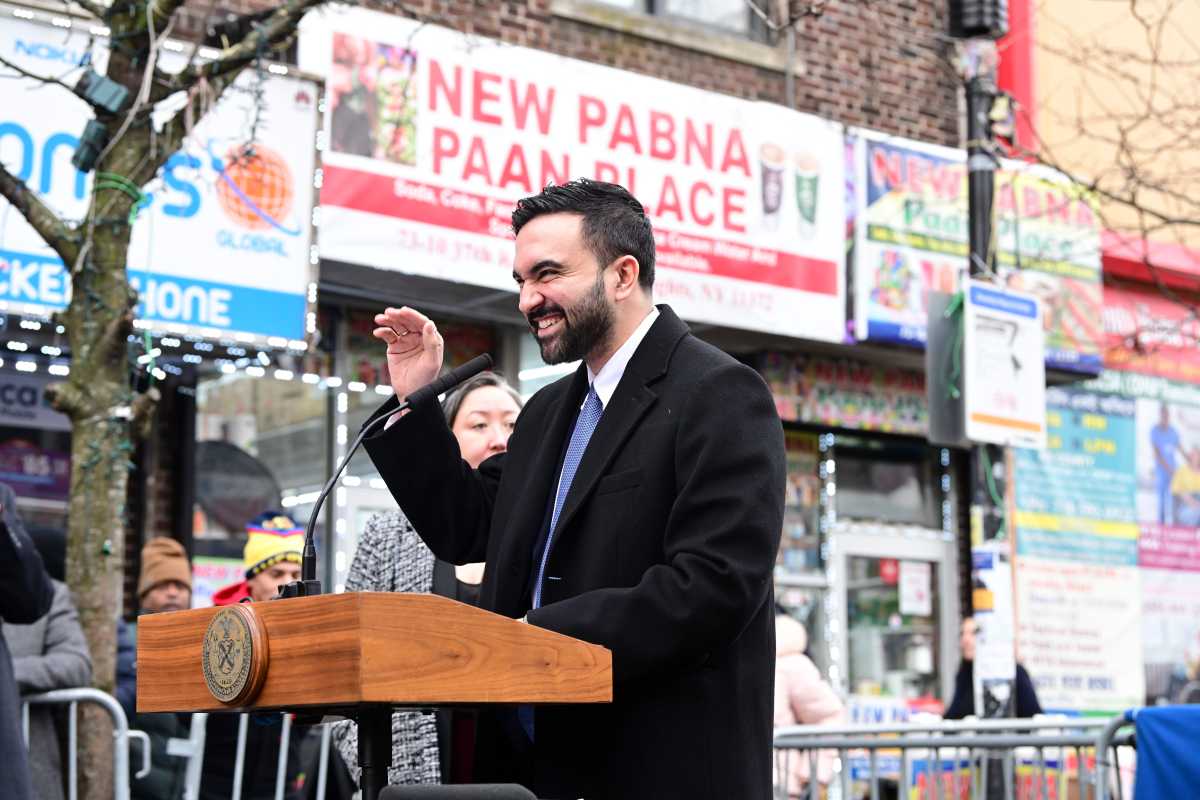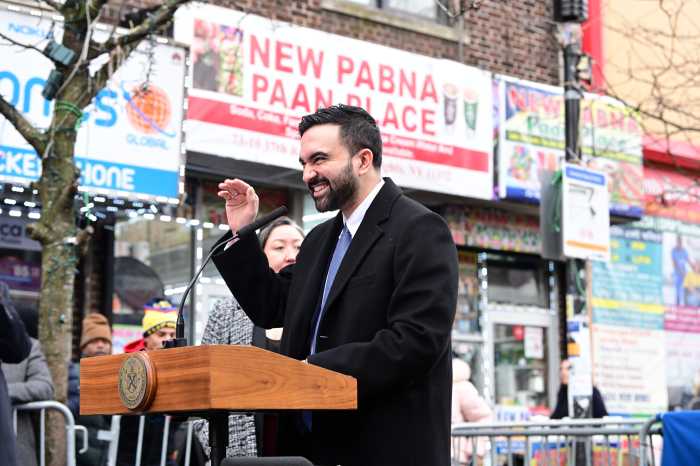Six key Caribbean Community nations will hold general elections this year and in at least three of them, the economy and racial tensions will be key campaign issues. Also in the same three — Guyana, Suriname and Trinidad — the incumbents face tough reelection battles from upstart opposition parties or groups. Voting along ethnic lines has traditionally been a key factor in these three and could determine outcomes.
Guyana which just weeks ago became one of the world’s newest crude oil exporters, will most likely go to the polls first among the seven with the March 2 date set by incumbent President David Granger since last year. Parliament has already been dissolved.
And as is usually the case with elections in the region’s most resource-rich nation, there is some amount of confusion about the number of eligible voters on the list of electors. The country’s population is listed at around 780,000. Yet the final voters list is expected to have about 661, 000 voters even though the national schools population of students under the voting age of 18, is listed at around 250,000. The elections commission admits the scroll is very bloated but points to contradictory court rulings regarding rules about who can and cannot be removed from the national register. Experts say the math simply does not add up.
Meanwhile, in neighboring Suriname, which also found commercial oil and gas deposits offshore for the first time, will likely be next. Locals there go to the polls in the Dutch-speaking republic on May 25 and it could be a tough fight between the mixed-race governing National Democratic Party (NDP) of former military strongman, now two-term elected President Desi Bouterse, 74. Bouterse was last month sentenced to 20 years in prison for mass murders committed during military rule in 1982 but he has since appealed the sentence but is not barred from seeking a third five year term. His strongest rival appears to come from the Hindustani VHP party of former police chief and justice minister Chan Santokhi.
Across the border Corentyne River, Guyanese President, David Granger, a retired army general, is facing a formidable challenge from the Indo-dominated People’s Progressive Party (PPP). His multi-racial coalition is seeking a second five-year term and has promised an unprecedented level of development now that Guyana has become and oil producer and expects billions in annual revenues over the period.
To the north in Trinidad, the administration of Prime Minister, Keith Rowley, is also facing a formidable challenge from the Indo-dominated United National Congress (UNC) of opposition leader and former Prime Minister Kamla Persad-Bissessar. Race and the economic future of Trinidad with its declining daily oil production are likely to be key campaign issues, but Rowley says his Afro-supported People’s National Movement (PNM) is confident of a consecutive term given the runaway corruption of the UNC during its previous terms in officers. He is confident voters will not forget. Trinidadians last voted in early September of 2015.
The others have to do with similar tight races in Belize, St. Kitts and Nevis and St. Vincent and the Grenadines. The latter two are located in the nine-nation Organization of Eastern Caribbean States (OECS), a subgrouping of the 15-nation CARICOM bloc of nations.
In tourism dependent St. Kitts and Nevis, Prime Minister, Timothy Harris’ People’s Labor Party (PLP) is staking faith in voters about the government’s record in reducing runaway corruption and money laundering, which had plagued the 20-year period under previous Prime Minister Denzil Douglas. Harris is expected to win a second term as Douglas remains stained with corruption issues. Polling done by the Barbados-based Cadres Group, show that Harris is on course for a second term.
As for nearby St. Vincent and the Grenadines group of sister isles, Prime Minister, Ralph Gonsalves will again try to win a fifth term after ruling the archipelago for the last two terms with a wafer thin one-seat majority.
Persistent and credible allegations of massive voter rigging by the opposition New Democratic Party (NDP) have plagued recent elections in the country but the question is whether voters are tired enough of Gonsalves, 73, and would vote to end his era at the helm of government.
The seventh race concerns the Dominican Republic, which has not been enjoying close relations with CARICOM because of the way it has been treating Black Haitians who cross from neighboring Haiti or even those born in the DR. Recent laws passed by parliament have banned those native to the DR from obtaining citizenship, an issue which has vexed CARICOM and has led to a cooling of relation.



